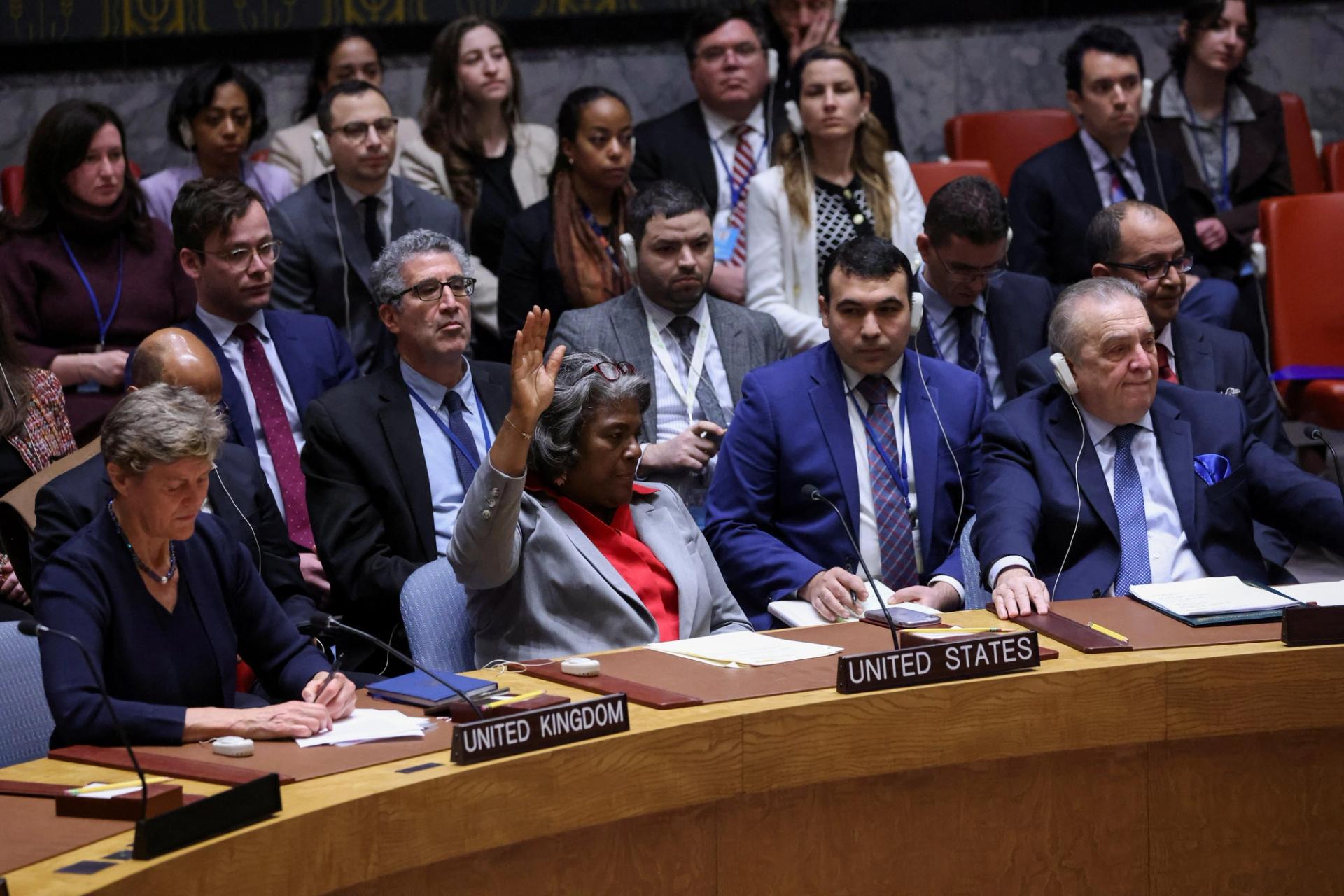The News
The United Nations Security Council adopted a resolution calling for an “immediate” ceasefire to fighting in Gaza during Ramadan after the U.S. abstained from the vote, declining to veto it.
The vote on the resolution marked a shift in the U.S.’s posture toward Israel on the world stage; Washington has previously vetoed several Security Council resolutions calling for a ceasefire.
Shortly after the vote, Israeli Prime Minister Benjamin Netanyahu canceled a planned delegation visit to Washington to discuss the looming invasion of the town of Rafah, prompting the White House to say they were “very disappointed” that there will be no conversation on “viable alternatives” to the planned Rafah operation. Netanyahu had earlier threatened to withdraw the delegation if the U.S. did not block the measure, as it did not make the ceasefire conditional on the release of hostages.
The U.S. has stepped up its criticism of Israel in recent weeks ahead of the Rafah operation, and critics of Israel have urged the U.S. to use the Security Council to pressure Netanyahu.
However, the White House asserted that its decision to abstain from the vote “does not represent a shift in our policy,” National Security spokesperson John Kirby told reporters shortly after the vote. “We wanted to get to a place where we could support that resolution,” he said, but added that it lacked language the White House wanted, including a condemnation of Hamas.
Know More
Russia and China vetoed a U.S. proposal last week calling for a ceasefire tied to the release of hostages. The measure that passed Monday still demands hostages’ release, but does not directly link it to a ceasefire.
Linda Thomas-Greenfield, Washington’s ambassador to the U.N., said after the vote that a ceasefire “could have come about months ago if Hamas had been willing to release hostages.” She said the U.S. is “getting closer to a deal for an immediate ceasefire with the release of all hostages, but we’re not there yet.”
Morgan Chalfant contributed to this report.
